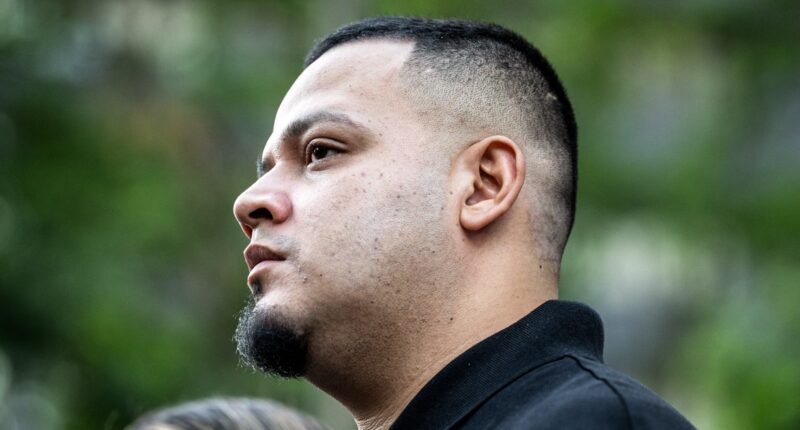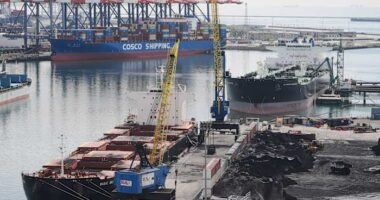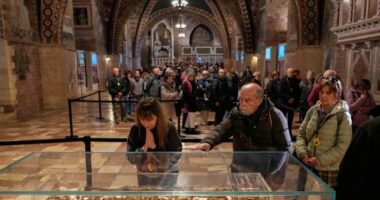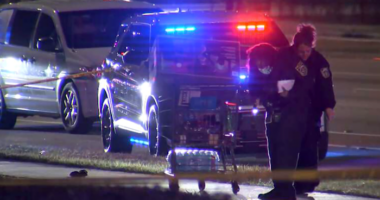Share this @internewscast.com
A federal judge on Friday scheduled a hearing to determine if Kilmar Abrego Garcia’s criminal case stemmed from a “vindictive” prosecution, citing “some evidence” supporting the claim.
In a 16-page decision, U.S. District Judge Waverly Crenshaw in Tennessee highlighted that the investigation into Abrego was revived shortly after he successfully contested his mistaken deportation to a Salvadoran prison in the U.S. Supreme Court, an error acknowledged by the Trump administration.
The renewed investigation followed repeated allegations from several administration officials, including Attorney General Pam Bondi and Homeland Security Secretary Kristi Noem, who accused Abrego of multiple crimes and labeled him a “gang member” and “terrorist.” These claims have been consistently refuted by his attorneys and family.
“Actual vindictiveness may be observed from the statements by the Executive Official Defendants and their subordinates regarding Abrego, from the time he initiated his Maryland lawsuit” contesting his deportation “through his arrest in this District,” the judge noted.
In granting Abrego’s motion for a hearing on the vindictive prosecution allegations, Crenshaw highlighted remarks made by Bondi’s senior deputy, Todd Blanche, on Fox News the day Abrego was arrested on human trafficking charges, to which he pleaded not guilty.
The judge remarked, “Notably, during a TV interview, Deputy Attorney General Blanche disclosed that the government initiated ‘investigating’ Abrego after ‘a judge in Maryland . . . questioned’ their decision, determined they ‘had no right to deport him,’ and ‘accus[ed] [the government] of misconduct.’”
“Deputy Attorney General Blanche’s remarkable statements,” Crenshaw wrote, “could directly establish that the motivations for Abrego’s criminal charges stem from his exercise of his constitutional and statutory rights to bring suit against the Executive Official Defendants, rather than a genuine desire to prosecute him for alleged criminal misconduct.”
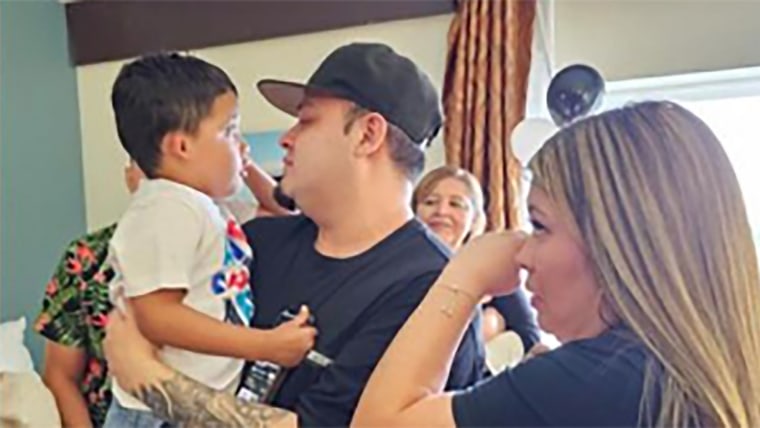
The judge, nominated to the bench by President Barack Obama, said Abrego’s claims also appear to be supported by the timing of the reopening of the criminal investigation, which had started as the result of a traffic stop in 2022 and was deemed to be closed in March of this year, before Abrego was deported. Abrego was released without charges after the 2022 stop.
The investigation was reopened a week after Abrego’s win in the Supreme Court in April.
“This timeline suggests that Abrego’s prosecution may stem from retaliation by the DOJ and DHS due to Abrego’s successful challenge of his unlawful deportation in Maryland,” the judge wrote.
The judge ordered the government to turn over information and evidence being requested by Abrego and said he’ll hold a hearing after that.
“After the parties conduct discovery, ‘[i]t may well be that no fire will be discovered under all the smoke[.]’ Indeed, the Government could produce evidence showing legitimate reasons for its prosecution of Abrego that are unrelated to his case in the District of Maryland,” he wrote.
Representatives for the Department of Homeland Security and the Justice Department did not immediately respond to requests for comment Friday.
Abrego, a Salvadoran national who, according to his lawyers, entered the U.S. illegally when he was 16 years old to escape gang violence, is trying to get the criminal charges against him dismissed.
He also made a bid to reopen his petition for asylum, but an immigration judge rejected the request in a ruling Thursday. He has 30 days to appeal to the Board of Immigration Appeals.
A different immigration judge had previously ruled in 2019 that he could not be deported to El Salvador, because he faced danger from a gang that targeted his family. U.S. Immigration and Customs Enforcement is seeking to deport him to Uganda or Eswatini.
